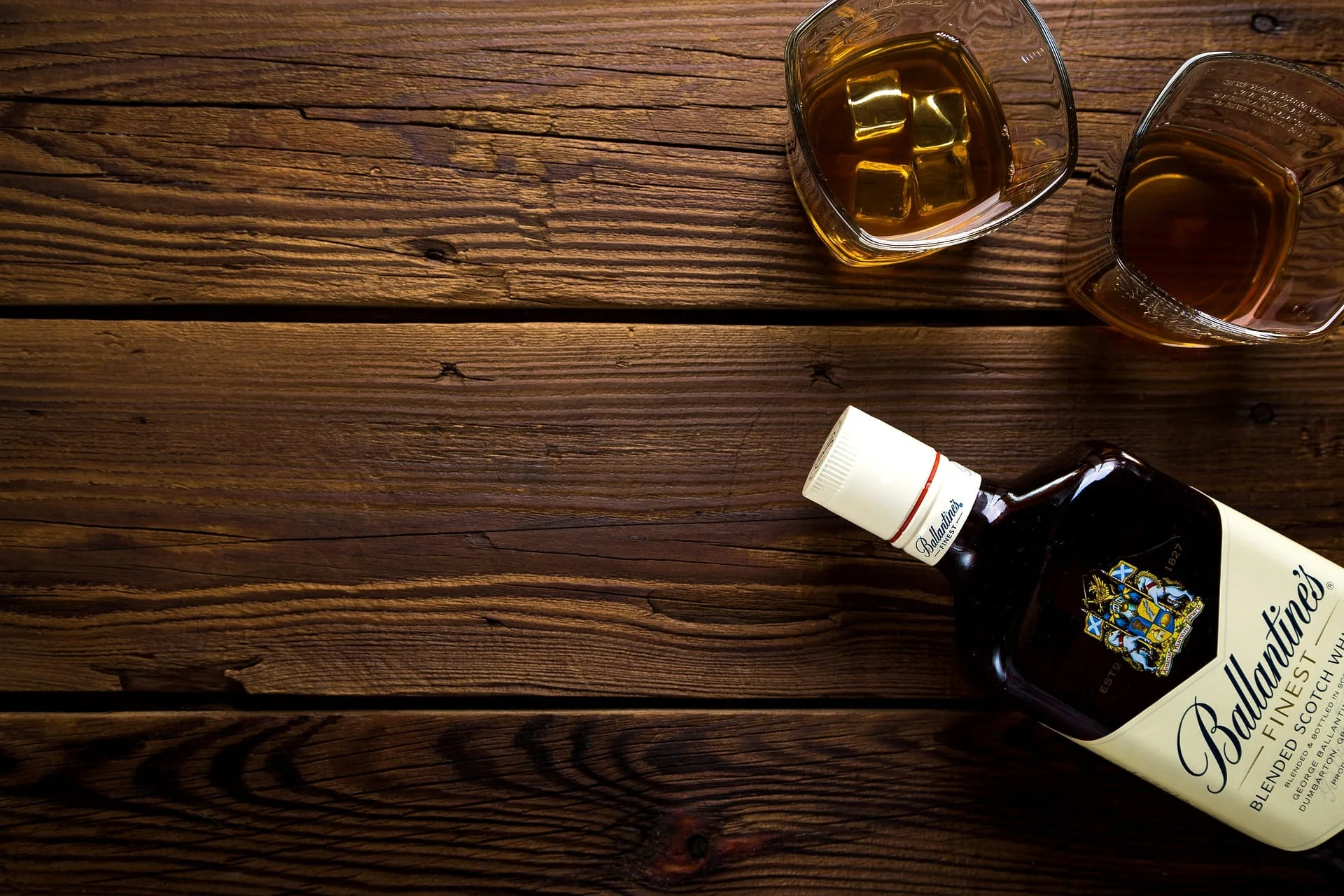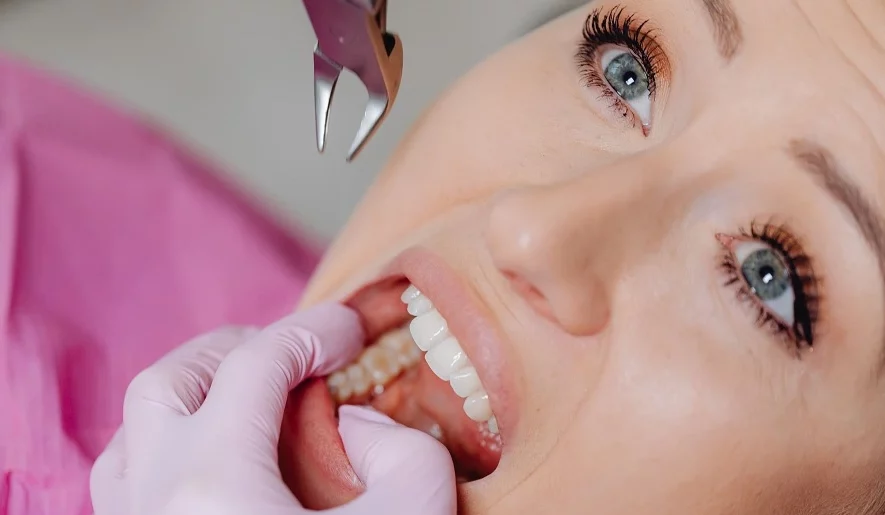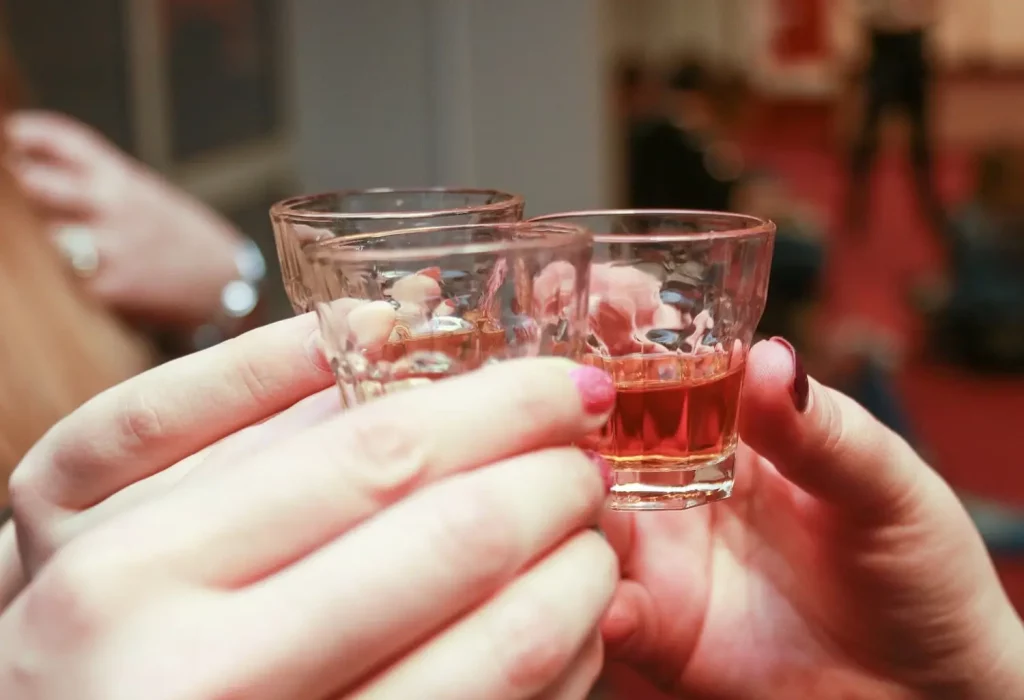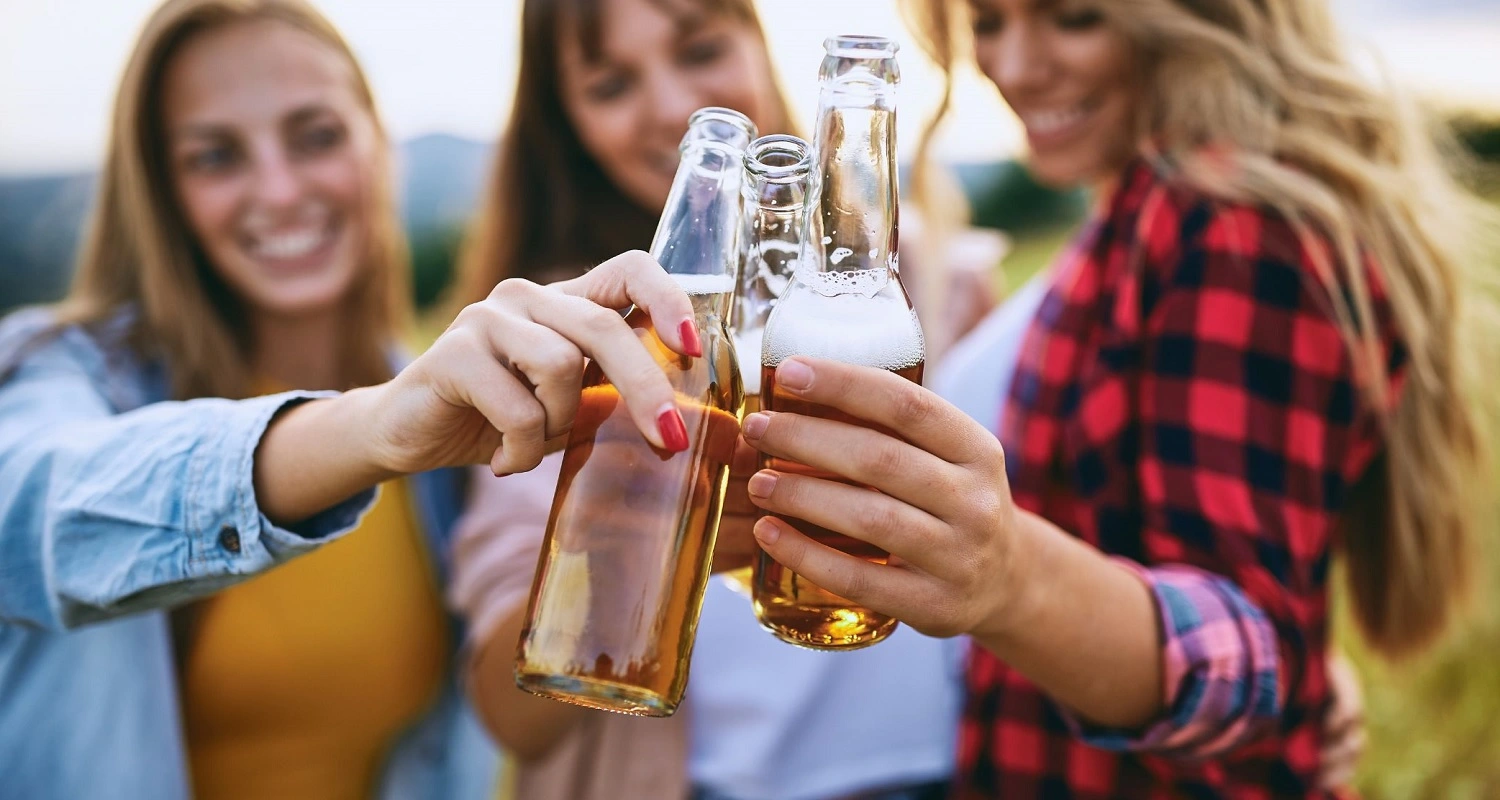Last Updated on: 30th December 2025, 06:51 am
Can I Drink Alcohol After a Wisdom Tooth Extraction?
Consuming alcohol after a tooth extraction is not considered good practice in the dental office. The use of alcohol in medical or dental procedures dates back to ancient times when it was used to calm nerves before a procedure and “sterilize” the area or numb teeth before being extracted. However, it was not an effective method, many people died during or after the procedure, generally due to infection.
This article investigates the possibility of drinking alcohol after a tooth extraction, while also suggesting alternative methods for recuperation.
What is Tooth Extraction?
Tooth extraction consists of removing a tooth from the oral cavity, performed when it is not possible to save the tooth and other treatments have failed. It is done on teeth that have experienced destruction throughout the crown due to caries, gum disease, or when required in orthodontic treatment.
There are two different ways to extract teeth from the mouth:
1. Simple extractions
This is the most common procedure, where the affected area is numbed, and the extraction of the dental piece is carried out with specialized instruments. The postoperative period is delicate, although it does not require more than two days of disability and rest. This type of procedure can be performed by a general dentist.
To prevent extractions of teeth and maintain your dental aesthetics, a dental bone graft procedure is recommended.
2. Surgical extractions
This type of procedure is performed when the crown of the tooth has been weakened, fractured, or has not erupted, such as in the case of wisdom teeth. These extractions are performed under local anesthesia; the surgeon makes an incision with a scalpel and with the help of specialized instruments extracts the tooth. The postoperative period is a little more complex than the previous one since stitches are made to close the cavity that remains. This procedure must be performed by a dentist specializing in oral surgery.
Whatever the method used, these are surgical procedures; therefore, there may be the possibility of infection. It is important to follow the professional’s recommendations to avoid complications after the procedure.
Is it Safe to Drink Alcohol After Tooth Extraction?
It is best not to drink alcohol after a tooth extraction, a blood clot must form to help with the healing process. It consists of the formation of granulation tissue that allows for the closure of the cavity after the procedure. This tissue facilitates the recovery of both the gum and the bone; when drinking alcohol, this tissue is not formed, causing bleeding that delays healing and closure of the operated area.
If alcohol is consumed almost immediately after the intervention, an infectious process called dry socket can be generated, which is generally painful.
When can you Drink Alcohol After a Tooth Extraction?
Alcohol restrictions are not forever, but it is best if you are going to consume it to wait at least 10 to 15 days after the procedure. During this period, it is advised to drink water to stimulate saliva production, which regulates the growth of bacteria and any infection.
It is also important not to drink alcohol while you are taking medication, so make sure that you have finished all of the prescribed drug treatments before drinking alcoholic beverages.
Recommendations
If you’re planning to drink alcohol after a tooth extraction, the best thing to do after the intervention is to follow the dentist’s recommendations step by step. Recovery can vary from 1 to 2 weeks as long as proper care is taken.
Check our complete guide article about the negative effects of drinking alcohol on teeth. It outlines various problems associated with alcohol use, such as tooth decay, enamel erosion, dry mouth, and a heightened likelihood of oral infections and gum disease.
If there is pain, painkillers such as acetaminophen or paracetamol can be consumed. Remember that the combination of medications and alcohol is not highly recommended.
1. Leave the gauze in the mouth pressing for at least 1 hour, then you can remove it with your fingers, avoid spitting or sucking, to avoid loosening the clot.
2. Apply cold water compresses to prevent inflammation.
3. Do not drink alcohol for at least 1 week to avoid complications.
4. Do not disturb the wound.
5. Avoid extreme physical activity for at least the first 72 hours.
6. The first three days I sleep with my head slightly raised.
7. Do not use rinses of any kind for at least three days after the procedure; after this time you can use chlorhexidine-based rinses.
8. Avoid smoking cigarettes for at least 3 days.
Once the 10 days have passed and you have followed the dentist’s recommendations to the letter, you can celebrate and relax if you want with a glass of liquor.
Frequently Asked Questions
When is it safe to consume alcohol following a tooth extraction?
It is advisable to abstain from alcohol for the duration recommended by your dentist or oral surgeon. The most cautious approach is to wait approximately 7-10 days, allowing the surgical site to properly heal. During this healing period, opt for water consumption as staying well-hydrated is crucial for the recovery process.
Why is it not advisable to consume alcohol following a tooth extraction?
Regardless of whether you’ve had a straightforward or a more intricate dental procedure, the complete recovery from a tooth extraction can often take a few weeks. Regrettably, consuming alcohol during this time can hinder the healing process. In fact, it has the potential to disrupt the formation of a blood clot, a critical component in the recuperation process after the extraction.
Can alcohol lead to the development of dry socket?
Alcohol has the potential to thin your blood and impede the clotting process, increasing the risk of dry socket. Consequently, the majority of oral surgeons advise abstaining from alcohol entirely following a tooth extraction.
How can I consume alcohol without risking dry socket?
To prevent dry socket and other potential complications, it’s best to forgo alcohol, including that glass of wine with dinner. Alcohol can interfere with your body’s natural healing abilities and raise the risk of infection. Your dentist will typically recommend abstaining from alcohol for at least 7 to 10 days following your tooth extraction to facilitate proper tissue healing.
Share
References
1. biology dictionary. (October 4, 2019). biology dictionary. Retrieved from Granulation tissue: https://biologydictionary.net/granulation-tissue/
2. M. Katherine Jung, JJ (November 30, 2010). National Library of Medicine. Retrieved from Alcohol Exposure and Mechanisms of Tissue Injury and Repair: https://www.ncbi.nlm.nih.gov/pmc/articles/PMC3117956/
3. Ribak, RN (Enerp 01, 2017). Life Dentistry. Retrieved from Symmetrical first premolars extractions in patients with severe crowding: Case report: https://www.scielo.sa.cr/scielo.php?script=sci_abstract&pid=S1659-07752017000100043&lng=en&nrm=iso
4. Viktor E. Karapetian, DD (01 of February 2012). Quintessence. Obtained from Incision and suture techniques in oral surgery and implant surgery: https://www.elsevier.es/es-revista-quintessence-9-articulo-tecnicas-incision-sutura-cirugia-oral-S0214098512000037
5. Virgilio leon Montano , CV (January 1, 2016). Electronic medical journal. . Retrieved from Dental alveolitis frequency and factors characterizing it: http://scielo.sld.cu/scielo.php?script=sci_arttext&pid=S1684-18242016000100001
-
Nayibe Cubillos M. [Author]
Pharmaceutical Chemestry |Pharmaceutical Process Management | Pharmaceutical Care | Pharmaceutical Services Audit | Pharmaceutical Services Process Consulting | Content Project Manager | SEO Knowledge | Content Writer | Leadership | Scrum Master
View all posts
A healthcare writer with a solid background in pharmaceutical chemistry and a thorough understanding of Colombian regulatory processes and comprehensive sector management, she has significant experience coordinating and leading multidisciplina...


















